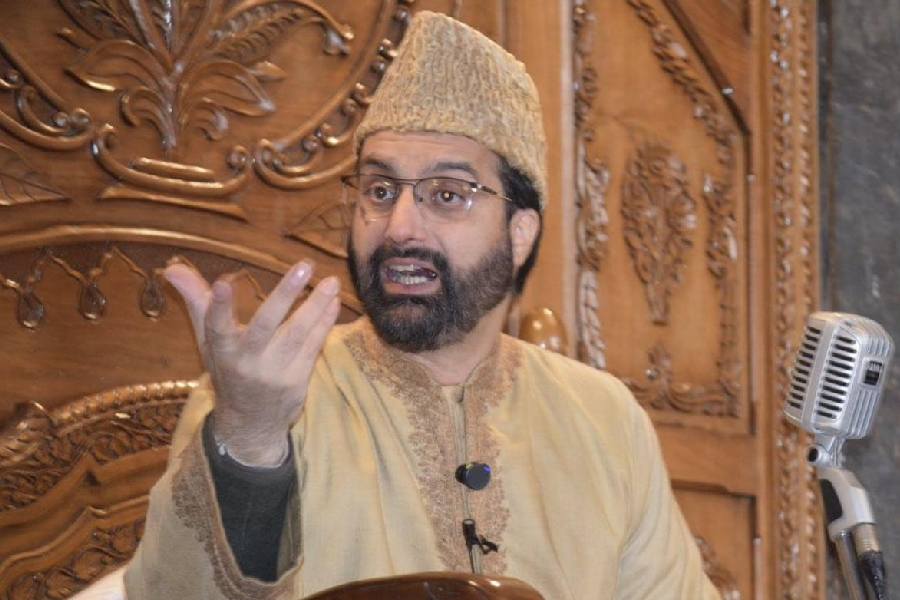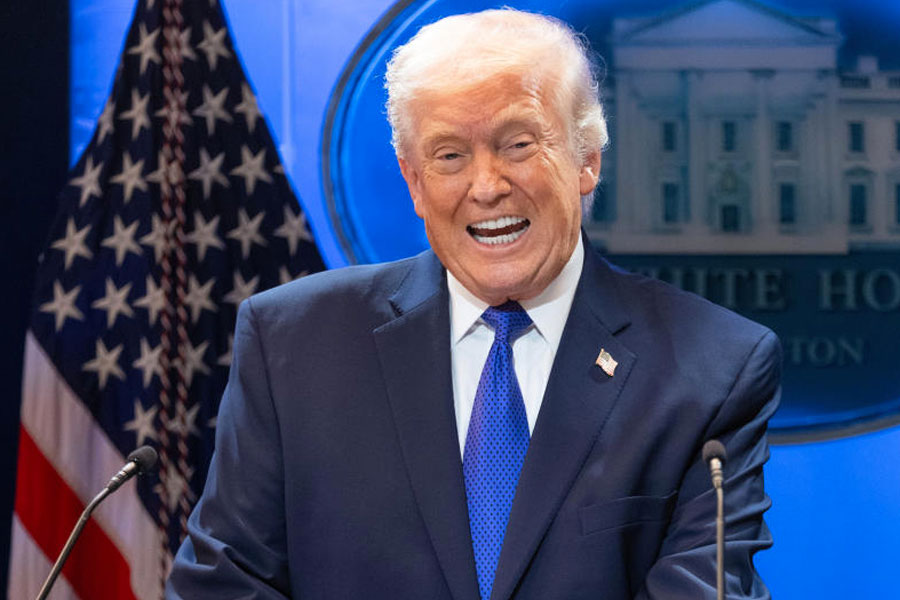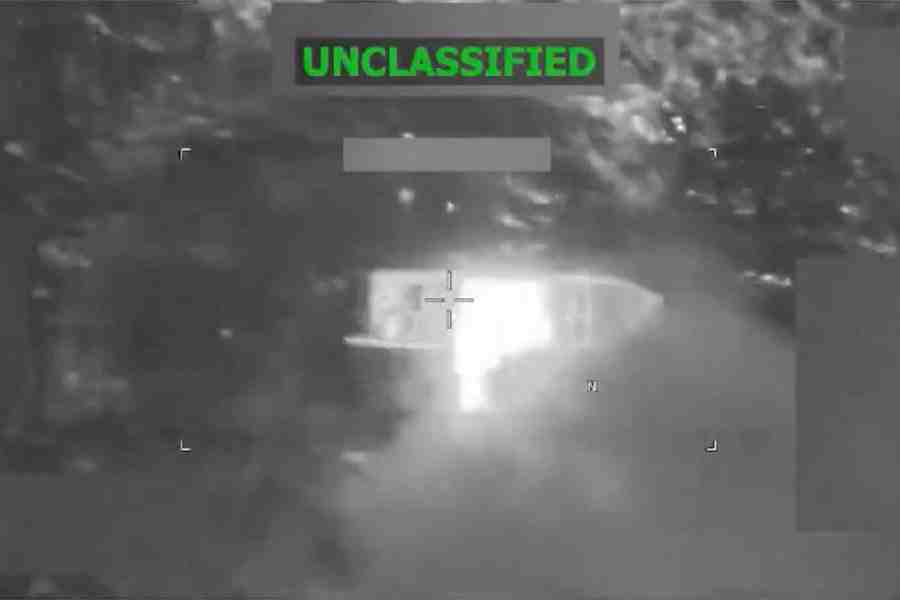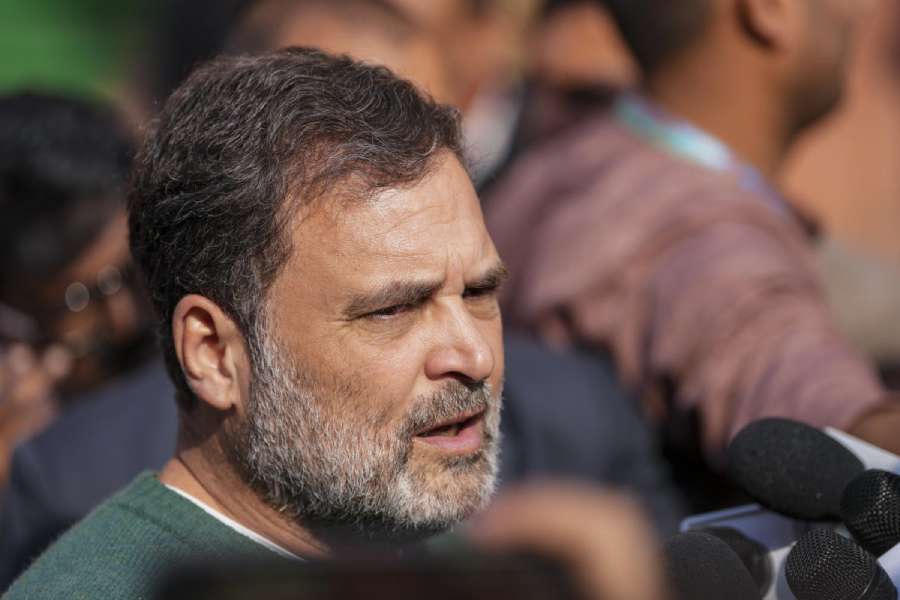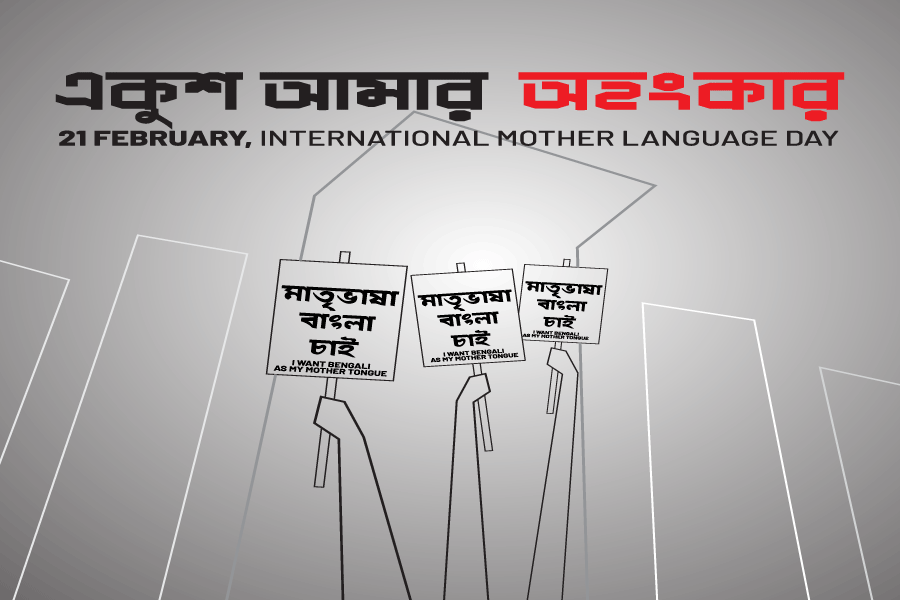Hurriyat Conference chairman Mirwaiz Umar Farooq Friday said he was put under house arrest and not allowed to offer the congregational prayers at the Jamia Masjid here.
The Mirwaiz, who is Kashmir's chief cleric, delivers a sermon at the historic mosque in the Nowhatta locality of the city on Fridays, and was scheduled to do so today as well.
But in a post on X, he said, "Yet again, this Friday put under house arrest and barred from offering prayers at Jama Masjid. It is is both heartbreaking and outrageous that authorities continue to trample on my basic religious rights at their will." The Mirwaiz, who lives in the city's Nigeen area, also posted a copy of a resolution formulated by the Mutahida Majlis Ulema (MMU) -- an amalgam of several religious bodies -- against the Waqf Amendment Act.
"Mutahida Majlis-e-Ulama Jammu & Kashmir, expresses its concern regarding several provisions of the new law, which are being widely viewed by the Muslim community as affecting the established and religious character of the Waqf institution in India," the resolution reads.
The resolution was to be read out in mosques, shrines, and Imambaras across J-K during Friday prayers.
The resolution said the new legislation introduces significant changes in the management and supervision of Waqf properties, and many feel that it may diminish the role and authority of the Muslim community in overseeing its religious endowments, which have traditionally been managed in accordance with Islamic principles.
The resolution was formulated by the MMU after its meeting on the issue was not allowed on Wednesday.
The MMU said the "reduction in the powers" of Muslim-led Waqf boards, and the greater role now assigned to government authorities and non-Muslim officials, has led to apprehensions that the core religious and charitable purpose of Waqf may not be fully understood or upheld.
"The provision allowing non-Muslims to be appointed to the Central and State Waqf Boards, and the removal of the earlier condition that the CEO of a Waqf Board must be a Muslim, has been viewed by the community as a deviation from the spiritual and religious ethos of Waqf management," it said.
The religious amalgam said the transfer of key decision-making powers to district collectors, including the authority to determine whether a property is Waqf or not, may lead to unilateral decisions and a weakening of the role of Waqf boards.
"This is of particular concern in the context of ongoing disputes involving Waqf properties in various regions," it added.
The MMU said the removal of the concept of 'Waqf by long-standing use', which protected mosques, graveyards, and other Islamic sites used for generations without formal documentation, may result in the loss of such properties simply due to a lack of official records.
"Changes in the functioning of Waqf tribunals, allowing for appeals in high courts, may lead to prolonged legal proceedings and delays in the resolution of matters affecting religious endowments," it said.
The MMU said it reaffirms its full support to the All India Muslim Personal Law Board (AIMPLB) and will stand by the Board in whatever course of action it deems appropriate to address the issues arising from the new law.
It also called upon the Muslim community to remain united, aware, and engaged, and to support all peaceful and lawful efforts for the protection and proper functioning of the religious institutions and endowments.
Meanwhile, in a statement, the office of Mirwaiz said in accordance with the decision and appeal of the MMU, the Waqf Amendment Act 2025 was "categorically rejected today across Jammu and Kashmir", with a "strong demand" for its immediate withdrawal.
"Imams and members of the Majlis publicly read out the resolution prepared by the council in major mosques, khanqahs, shrines, and Imambaras throughout the Kashmir Valley, Chenab region, Jammu, Leh, and Kargil, receiving overwhelming public support and endorsement," the statement said.
It said the prominent scholars, Imams, and Khateebs also expressed "serious anger and concern" over Mirwaiz's house detention.
Except for the headline, this story has not been edited by The Telegraph Online staff and has been published from a syndicated feed.


